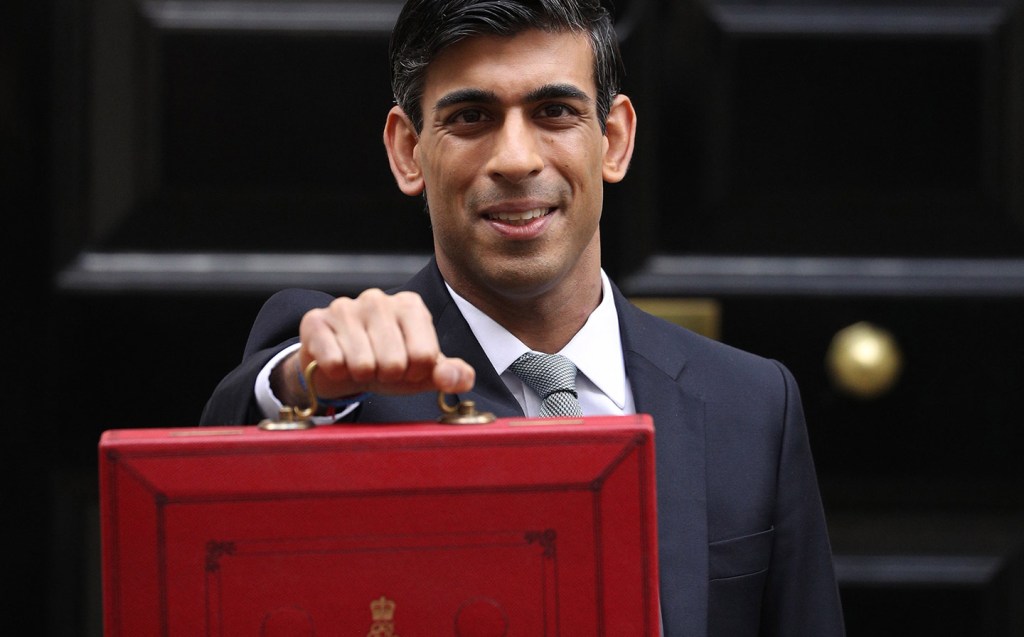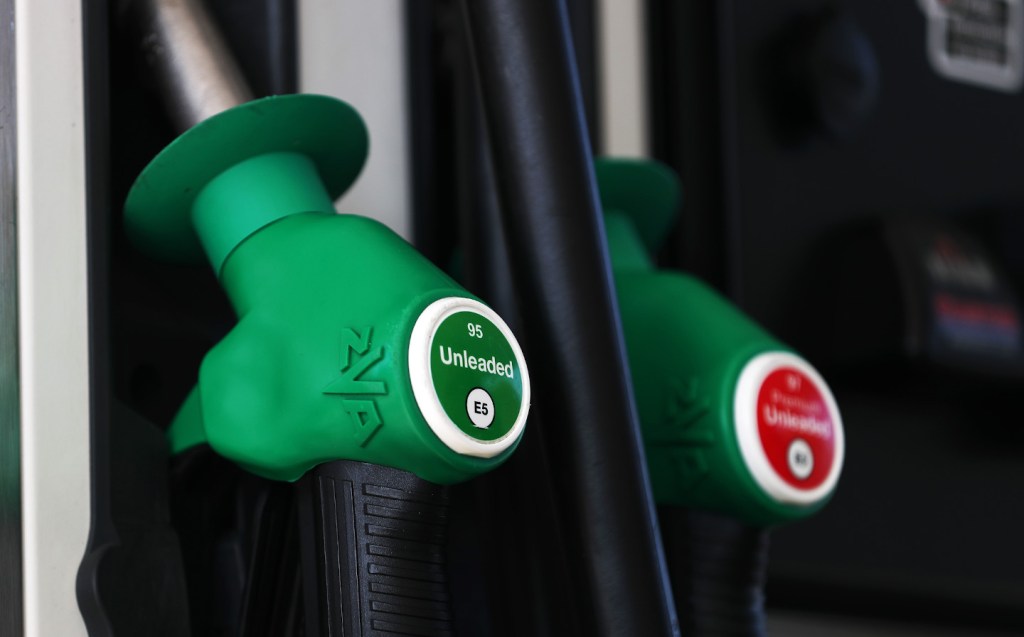Watchdog to investigate petrol stations in response to soaring prices and accusations of price gouging
More must be done, says AA
The Competition and Markets Authority (CMA) has been ordered to begin an investigation into reports that retailers may not be passing the recent 5p cut in fuel duty, aimed at easing the cost-of-living crisis, on to consumers.
The business secretary, Kwasi Kwarteng has written to the watchdog amid spiralling fuel prices where in some locations fuel prices have breached the £2 per litre mark. On Monday the average price for a litre of unleaded in the UK was 185.04p per litre, with diesel at 190.92p; both are expected to rise further though this morning the average prices for petrol and diesel in UK had dropped to 183.16p and 188.82p respectively, according to the RAC Foundation.
Writing to Dr Andrea Coscelli, head of the CMA, Kwarteng said that there was “widespread concern about the pace of the increase in prices at the forecourt,” and told the body to make immediate recommendations on how to increase competition and transparency in the fuel market.
“Drivers should be getting a fair deal for fuel across the UK,” Kwarteng wrote, noting the regional disparities in petrol prices, and said that drivers were “rightly frustrated” that the recent 5p cut in fuel duty announced as part of the Chancellor of the Exchequer’s Spring Statement mini-budget had not prevented prices from soaring.

The business secretary also asked the body to conduct a longer-term study into the health of competition in the UK’s fuel market. The CMA must present its initial report by July 7.
Although Kwarteng’s letter was welcomed by motoring groups, the AA said that more action was necessary.
“We are pleased that the CMA has been tasked to report on the cost of fuel,” said Jack Cousens, head of roads policy at the AA. “However, more urgent action is needed. To relieve pressure at the pumps we need an immediate 10p cut to fuel duty. That would help restore some balance.”
“Longer term, the CMA should consider extending the pump price transparency available in Northern Ireland to the rest of the UK. The Consumer Council’s fuel price checker stimulates competition and has led to drivers there enjoying the lowest fuel prices in the UK,” Cousens said.
The government’s response to the fuel crisis has been sharply criticised, not just by the opposition, but also by some MPs within the Tory party. Sir John Redwood, a former cabinet minister, called for an urgent cut in VAT.
“The chancellor needs to limit the amount he plunders from us at the pumps,” said Redwood.

Louise Haigh, the shadow transport secretary, accused the government of spending too much time “tearing themselves apart” with in-fighting instead of dealing with the “brutal price hikes facing working people.”
“Motorists are being taken for a ride,” she said, “and this hapless government is too distracted to do anything about it. The Conservative government needs to tackle the brutal petrol hikes and support Labour’s call to put money back in the pockets of working people with an emergency budget.”
The Liberal Democrats added to the argument, too, saying that the 5p cut in fuel duty should be raised to 10p in rural areas where residents are more reliant on their cars than those in urban areas better served by public transport.
“People in rural communities are bearing the brunt of devastating fuel price hikes, yet the Conservative government is refusing to lift a finger to help,” said Tim Farron, the Lib Dems’ rural affairs spokesman. “Instead, ministers have overseen a steady decline in rural bus services that has left people even more dependent on their cars to get around.”
According to the party, households in rural areas spend on average £114 per week on transport costs versus £40 for those in urban areas — a difference of almost £4,000 per year.
A recent poll by AA Financial Services has found that 40% of drivers are currently exploring ways to reduce their transport costs by changing vehicles, a figure that rose to 50% for the under-35s. The poll found that of those considering switching vehicles, almost half planned to switch to more economical cars, with a third specifically mentioning an electric vehicle.
Fuel costs weren’t the only factor influencing drivers’ desire to change their cars though with lower motor tax and smaller finance payments also cited as reasons why respondents were considering changing their current cars, illustrating how the cost-of-living crisis isn’t just affecting motorists and households at the petrol pumps.
“The car is a key part of a household’s finances and in times like this many are thinking clearly in terms of ‘need to have’ as opposed to ‘nice to have’,” said James Fairclough, chief executive of AA Financial Services speaking to The Times.
“Saving money, lowering taxes and charges and reducing fuel consumption are absolute priorities both at the moment and in coming months.”
Related articles
- After reading about a new investigation into petrol pricing, you might like to check out all the car makers’ electric vehicle plans
- Also check out our list of the five best electric cars to buy in 2022
- And don’t miss our review of the 2020 Renault Zoe
Latest articles
- Aston Martin Valkyrie AMR-LMH hypercar hits track ahead of 2025 Le Mans challenge
- Porsche has begun testing the electric Cayenne
- Cupra Leon 272 eHybrid 2024 review: Bigger battery, better tech … but is it a Cupra?
- Porsche 911 GTS 2024 review: Hybrid heresy or more Stuttgart genius?
- Extended test: 2023 Vauxhall Astra Sports Tourer GS PHEV
- Ford Capri revival has faced a lot of flak… but are buyers put off? Here’s what visitors to the Festival of Speed had to say
- F1 2024 calendar and race reports: What time the next grand prix starts and what happened in the previous rounds
- ‘No timeframe’ for how long Volvo’s returning estate cars will be on sale in UK
- Kia Picanto 2024 review: Updates add spice to cute Korean city car














